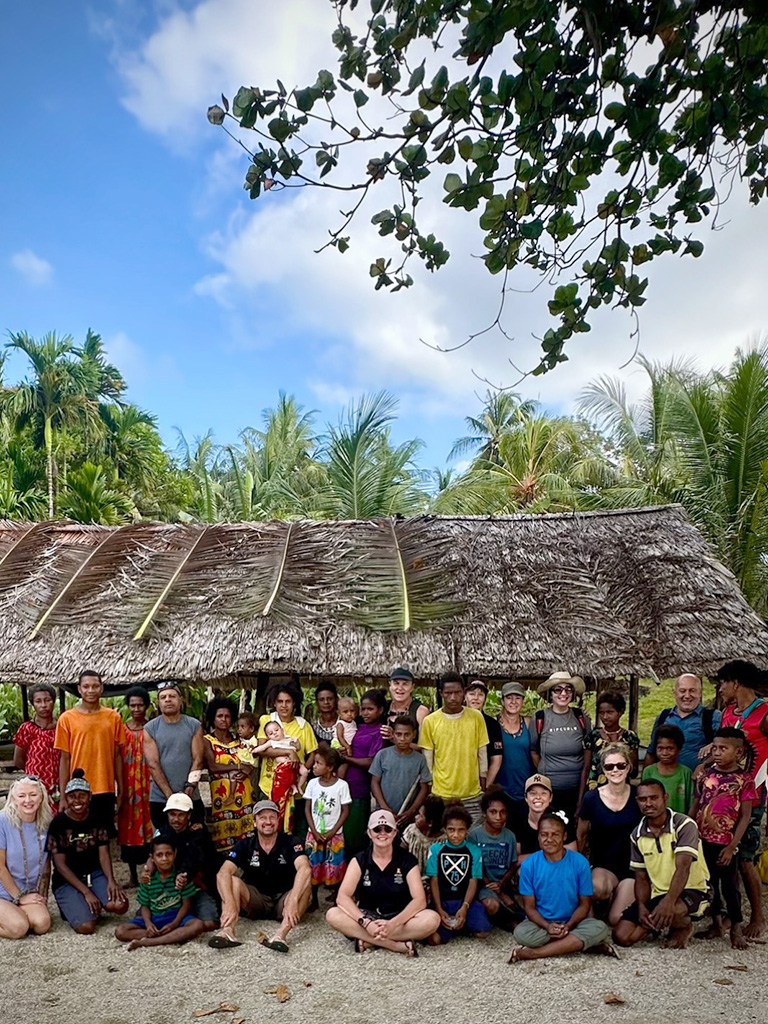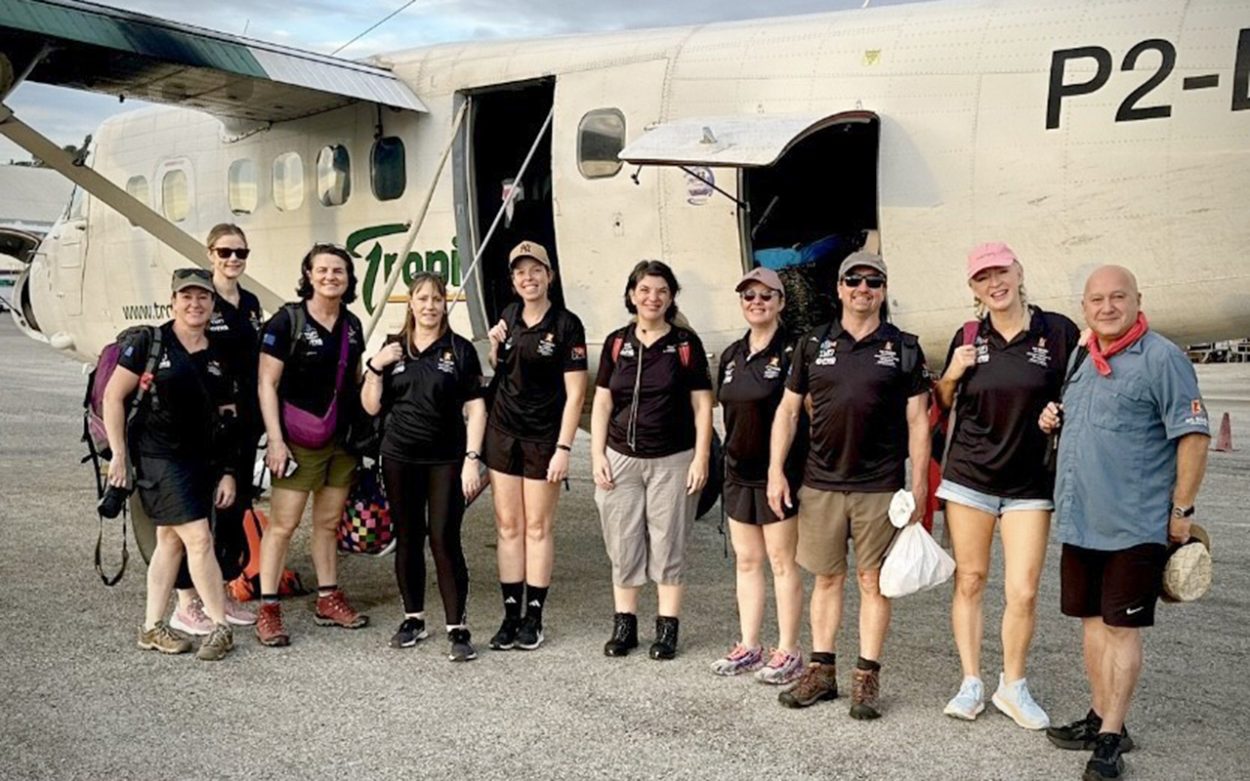A DEDICATED team of Peninsula Health doctors and nurses have returned from a journey to Papua New Guinea as part an eight-day medical expedition led by the ‘No Roads Expeditions Foundation’.
As one of the world’s most underdeveloped nations, Papua New Guinea grapples with some of the world’s worst health statistics. The country’s fragile health system, compounded by extremely poor health and immunisation outcomes, means there are difficulties accessing adequate health services and facilities.
“I was eager to join in on another health expedition in Papua New Guinea as a way of giving to communities that I know are in desperate need,” says Natalie Clarebrough, an ICU nurse at Frankston Hospital, and the main instigator behind the involvement in the expedition. “After spending a few years attending boarding school in India as a teenager I have seen myself as extremely privileged to have been born in this lucky country,” said Clarebrough. “Where I can, I like to at least contribute in some way to making a positive difference to those less fortunate than myself.”
The eight day mission involved flying via Port Moresby to Tufi and then travelling by small boats to nine remote villages, all while carrying essential supplies and medications.
While in Papua New Guinea, the group, comprising seven Peninsula Health team members, collaborated with local health workers to deliver healthcare in small local schools, wind houses, and aid posts, providing general medical care, birthing assistance, wound care, and education on maternal and infant health, infection management, and nutrition.
“There is desperate need in Papua New Guinea communities,” said Clarebrough. “The local communities and the local health staff are so appreciative of the work that the ‘No Roads Expeditions Foundation’ does. We have all seen firsthand the positive difference that the Foundation has made to health outcomes over there.” “The ICU nurses are trained to think critically and to act on their feet, which was definitely an asset when it came to emergency situations that arose during the expeditions.” “Having a midwife in the group was also very important as they could not only assist with difficult birthing but pass on their knowledge to the rest of the team and the local health care workers.”





